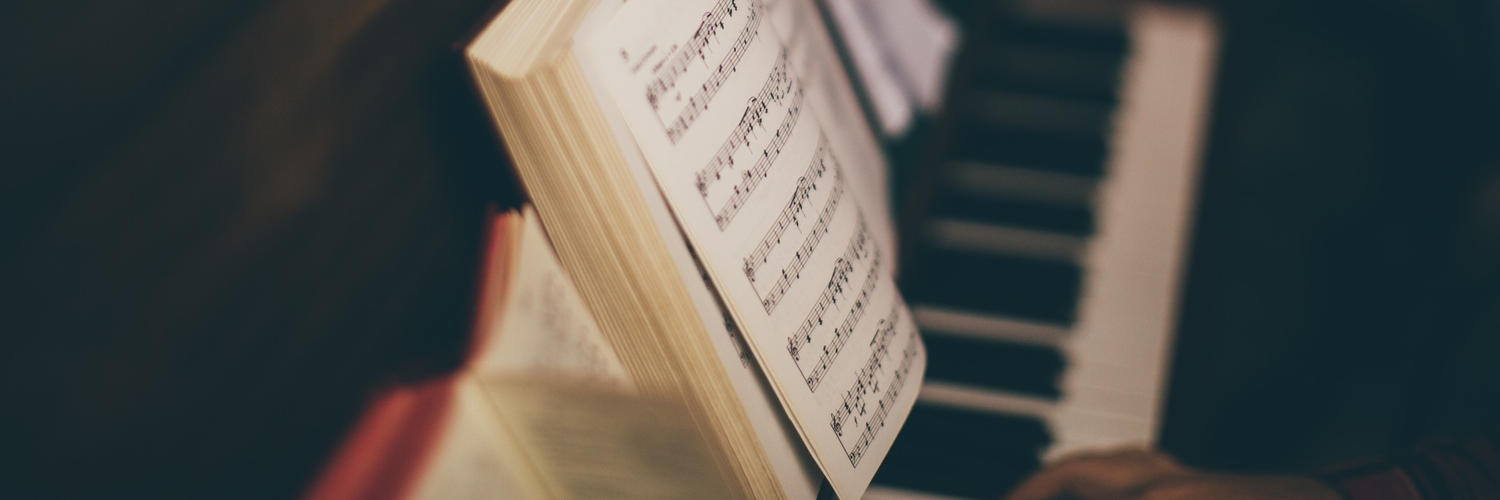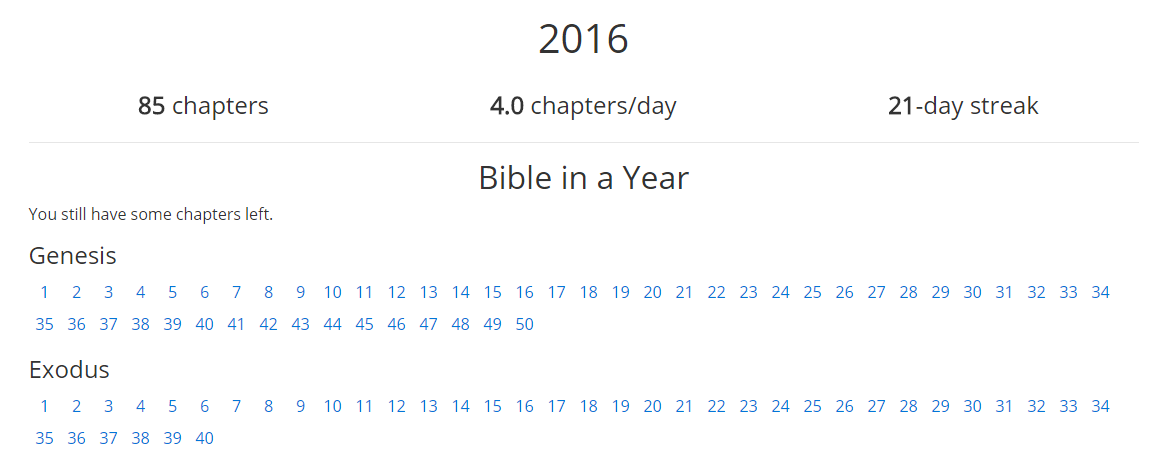Singing Hymns
When I came to Grove City College, I was unfamiliar with a good hymnal and knew only a few hymns. I am very thankful for the way that changed: At Hillcrest, the church I attend, I learned by imitation what it means to sing hymns joyfully and exuberantly. Being exhorted by brothers and sisters in song is beautiful, and I am always encouraged by the way that everyone sings; this is worship, not a professional performance.1

Apart from Sunday worship, I have also had the pleasure of singing hymns regularly with college friends every Saturday night. That has helped me to learn many I would not otherwise have encountered, or remembered. Take, for instance, “Stricken, Smitten, and Afflicted,” a hymn I hadn’t sung prior. But I think my favorite hymn is “Abide with Me,” one I also learned from my college friends.
Announcing Project 119
I will run in the way of your commandments when you enlarge my heart!
– Psalm 119:32 (ESV)
I like to be organized, but have never found a good way to log my Bible reading. Yes, I have tried the paper Bible reading plans with checkboxes. I really wanted an app for that.
So over the past couple weeks I created Project 119 (not to be confused with this Project 119). Now I’m able to log what I read each day on the site, and see what chapters remain if I want to read the Bible in a year.

If you’re interested, you should check it out! It’s free, of course, and I think for a first release of the program it’s not bad. If you have feedback, please let me know in the comments!
Taking Off and Landing
As I left Pittsburgh for New York not three weeks ago, and New York for Boston, I got to experience the joy of flying again: The takeoff, the exhilaration of launching a ship into space, the views of the city when every skyscraper becomes a doll house.

Photo credit: Noah Silliman
On the flight to New York, I had the privilege of sitting by a window in front of a little girl also sitting by a window. Takeoff was, for her, one of the greatest things in the world. I knew it by what she said. And when we left the city behind, we traded that view for literally golden clouds, shining in the glory of the new day.
Book Review: Leisure, the Basis of Culture (Josef Pieper)
Author’s Note: This review was originally written for a seminar class, hence the academic tone.

Photo credit: Steve Richey
Leisure may seem to be the defining fruit of Western affluence: Free time is more abundant than ever, as are the diversions with which to fill it. The availability of movies, music, games, and all kinds of hobbies, combined with a general lack of concern over the most basic needs in life, would seem to crown the typical Westerner a veritable king of leisure. Yet, according to Josef Pieper, leisure “is a mental and spiritual attitude — it is not simply the result of external factors.” It requires a man to be at one with himself, something rarely needed for many activities considered leisure today. By Pieper’s understanding of leisure, the modern world is in trouble.
Keeping the Sabbath
I never thought much about keeping the Sabbath until high school. While I went to church, and enjoyed two large meals with my family (breakfast and dinner), I didn’t necessarily seek ways to rest. In fact, I remember studying for AP exams in the afternoon.

But at some point, I had two friends who shared how they didn’t study on Sunday. The idea was quite foreign to me, and I was concerned that if I took a day off every week, I would never be able to get everything done. Nonetheless, I decided I should.